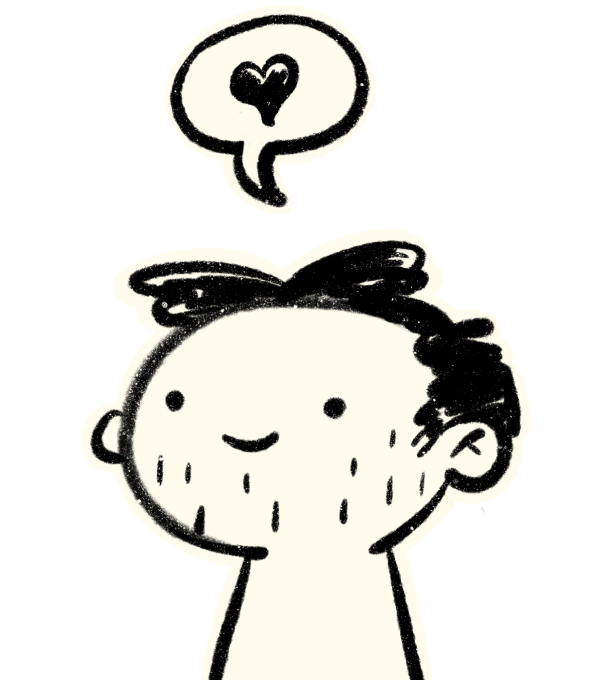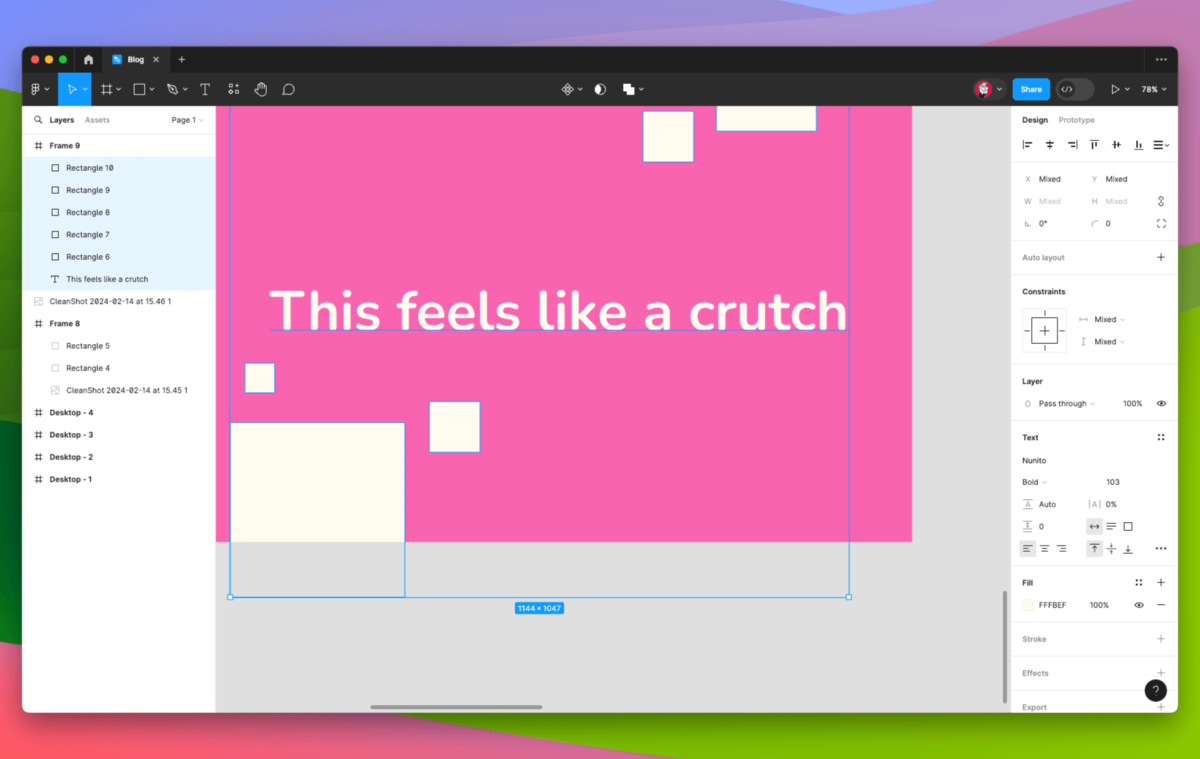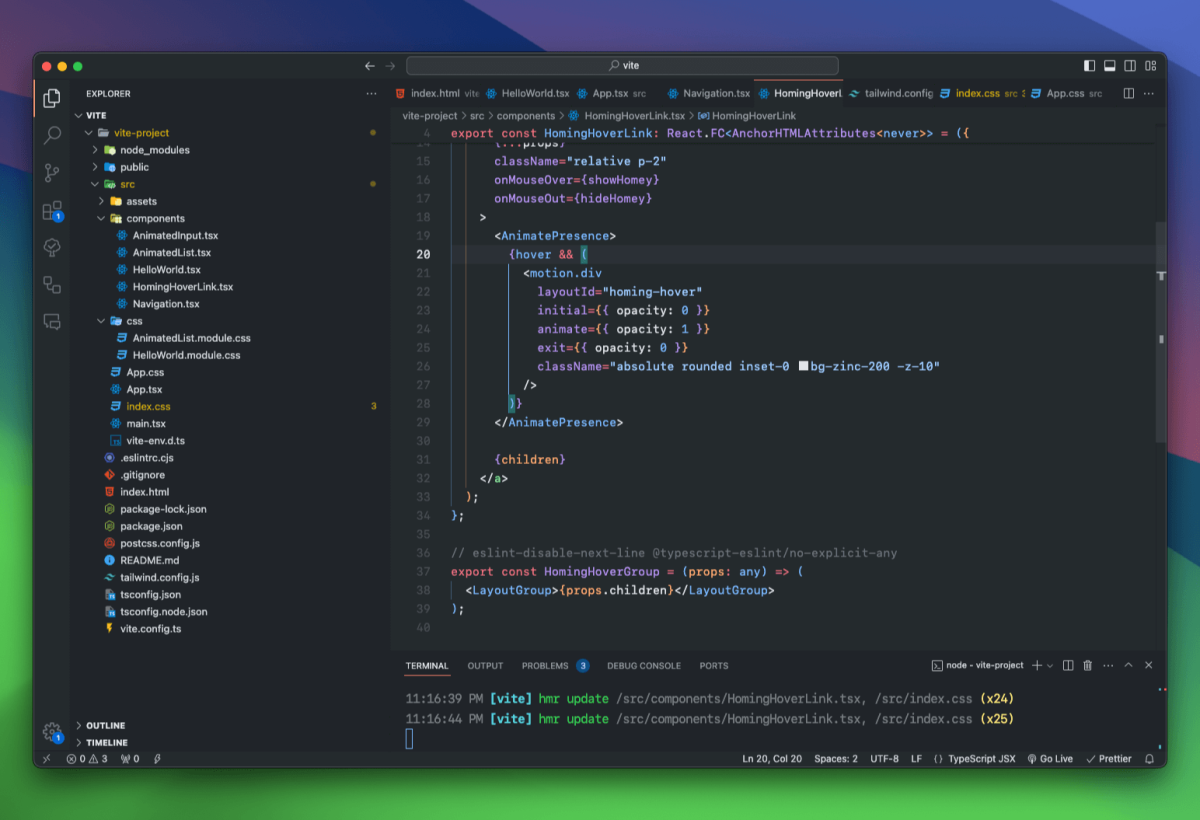It happened. The switch flipped and I‘m now one of those people who believe that it‘s far more productive to design in code than to move boxes and text in some design software.
I spent the last decade not wanting to believe the people who praised designers who code, but I‘m convinced now.
It‘s been about a year since I worked through 100 Days of SwiftUI. I built four iOS apps and about 4-5 web projects using React since then. I‘m obviously still a coding-baby but it‘s already very clear to me that being able to code made me a better designer.
AR interfaces are going to take this up a notch.
Three years ago, when I had an epiphany and realized that AR/VR interfaces are going to be the future of computing, I wondered how current design software would ever be able to allow me to do a good job designing AR interfaces.
I came to the conclusion that it wouldn‘t. It couldn’t.
If I would wait until the Figma of AR/VR interface design shows up, I‘d be behind the curve of what‘s going to be considered modern interfaces in the blink of an eye.
Fast forward to earlier this week, three years later.
I‘m downloading the visionOS SDK, after watching a couple of WWDC23 sessions about spatial computing and how to use SwiftUI and ARKit to create AR experiences for what has a good chance of becoming the AR platform of the future.
I was right.
You can‘t design AR experiences in Figma. Floaty 2D windows are only the baseline of what’ll be expected. The bare minimum.
True modern experiences will switch fluently between 2D windows and immersive experiences.
Designers need to be ready for it.
I spent the week playing around with visionOS, trying out interactions, building small apps and getting a literal grip on how to interact with 3D models in AR space and I‘m convinced that I‘d be utterly lost hadn‘t I spent the last couple of years working on what will be (is?) the required skillset for AR interface designers.
Designers need to understand 3D modeling, meshes, materials, textures, shaders, faces, vertices and edges. I knew nothing about any of this three years ago and it was already required knowledge in this very first week of AR interface experimentation.
Designers need to be able to code. 3D drag gestures, interactive 3D models, a blend of immersive experiences and 2D windows in real life environments can‘t be properly reproduced in some AR-Figma of the future. AR design is the climax of self-efficacy in interface design.
Designers need to adapt to be able to provide experiences that are as personal as spatial computing is going to be. They can’t be several degrees removed from what users are going to interact with anymore.
Being a designer who codes makes you a better designer in 2023.
Being a designer who doesn‘t code might make you a bad designer in 2024 and beyond.




